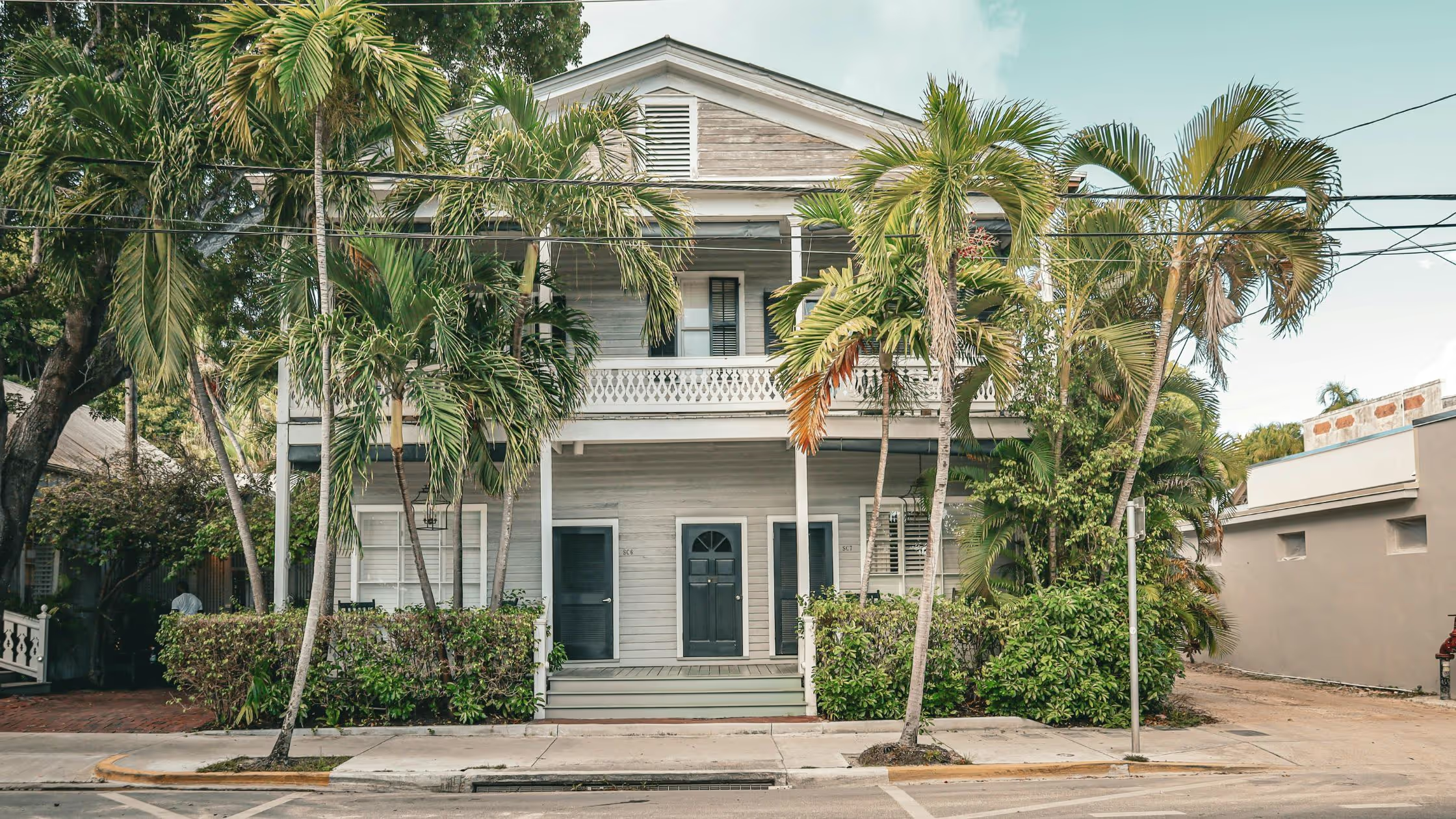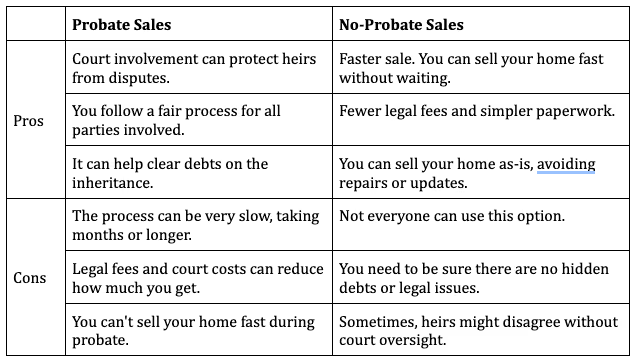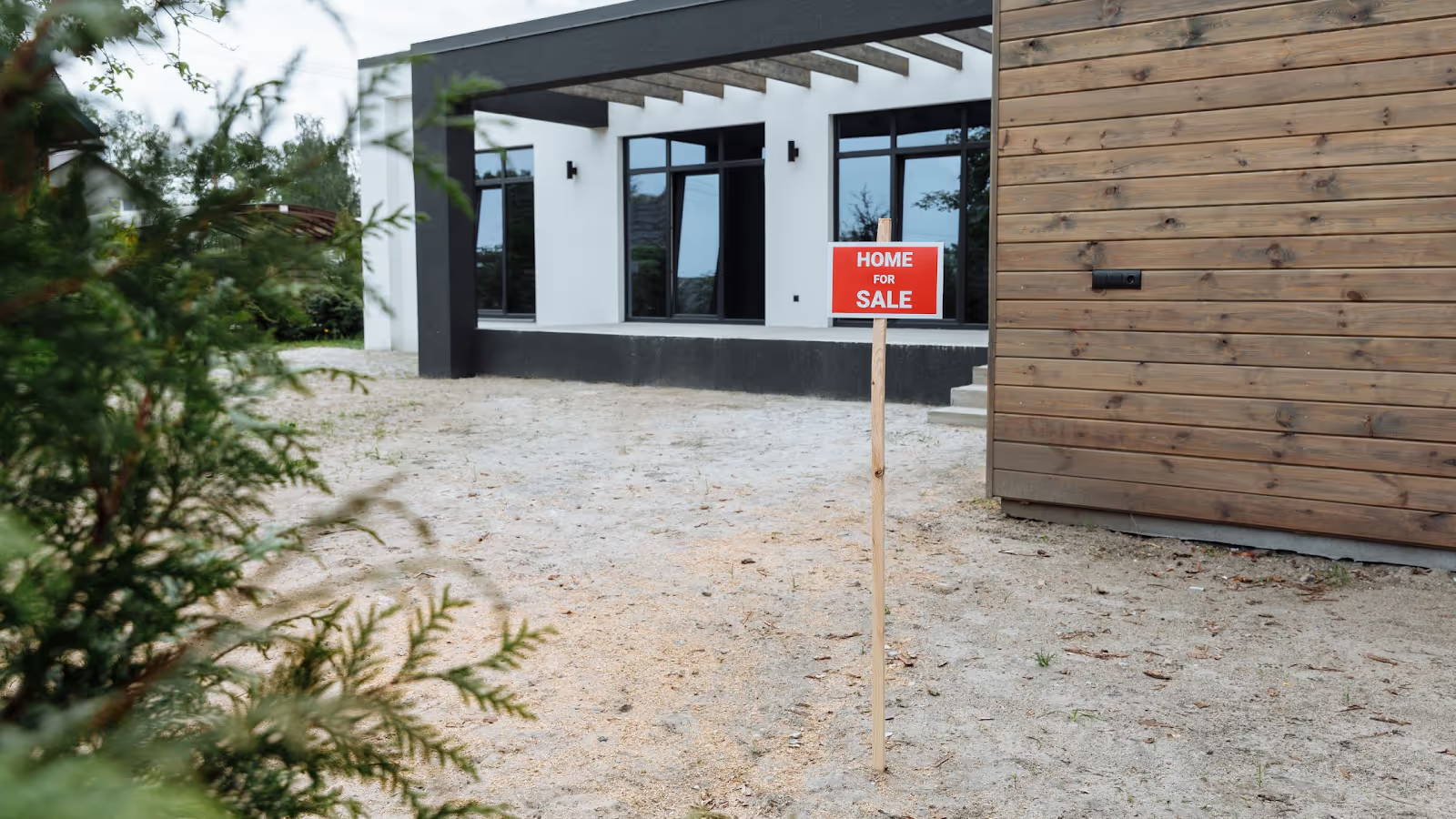Selling an inherited house in Florida? Discover probate vs. no-probate options and how Camarotti Homes makes cash sales simple.

Inheriting a house sounds simple, but if you don’t want to keep the property, you’ll need to think about things like taxes, repairs, and legal steps before selling an inherited house.
It can get even harder when the home is shared with siblings or relatives. Everyone may have different ideas, and that can slow down the process. On top of that, whether or not probate is needed will affect how quickly you can sell your home in Florida.
To help you, we’ll explain probate vs. no-probate sales in Florida. This way, you’ll know what to expect when selling your inherited house in Florida.
Probate is a legal process that happens after someone passes away. It’s a way for the court to check the will, make sure all debts and taxes are paid, and decide who gets what. If a house is part of the person’s estate, probate helps transfer ownership to heirs like you. It is a check-in point that ensures everything is done right. The court oversees the process so that the property passes on legally and fairly.
Probate can take a few months to over a year. During this time, you can’t usually sell the inherited house until the court says you can. That’s why selling your inherited house during probate might take longer than expected.
A no-probate sale is when heirs sell the inherited home without going through the probate process. This happens when the house passes directly to you without the court’s involvement. No-probate sales usually happen if the home was held in a trust, joint ownership, or another legal way that skips probate. Many people like no-probate sales because they are faster and simpler.
If you want to sell your home for quick cash and avoid waiting months, a no-probate sale is a good option, but not everyone qualifies for it.
Probate changes everything about selling your inherited house in Florida. When probate is needed, here’s what usually happens:
But probate isn't always bad. It provides legal protection and ensures all debts are paid before you inherit. It also prevents family disputes about who really owns the home.
When it comes to selling your inherited house, understanding the differences between probate and no-probate sales is really important. Each option has its own set of benefits and challenges. Knowing these will help you make the best choice for your situation.


First, figure out if you even have a choice. Many inherited homes must go through probate. If you're selling an inherited house in the state of Florida, it must pass through probate unless it is exempted under state law. Check these key factors below.
Talk to a probate attorney if you're not sure. The consultation cost is worth avoiding expensive mistakes later.
Florida law allows several situations where you can sell your home in Florida without probate:
The most common way to avoid probate. When one owner dies, the other automatically gets full ownership. This usually happens with married couples who bought their home together. You'll see this written on the deed as "joint tenants with rights of survivorship" or "tenants by the entirety."
If the home was placed in a revocable living trust, the trustee can sell it according to trust terms. The person who died put the house in a trust while they were alive, so technically, the trust owns the house, not the person. This means the house never needs to go through probate because it was never part of the person's estate.
Florida has a summary administration process for estates worth less than $75,000 or when the person died more than two years ago. This is a faster court process that takes weeks instead of months. It's perfect for smaller estates where the full probate process would cost more than it's worth.
Florida's homestead laws sometimes allow faster transfers to surviving spouses or children. Florida protects family homes with special rules that can speed up the transfer process. This only works when the home was the person's main residence and meets certain requirements.
Less common in Florida, but some properties have special deeds that transfer ownership immediately. These are also called "beneficiary deeds," and they work like a bank account with a payable-on-death beneficiary. The moment the person dies, ownership transfers automatically to whoever is named on the deed.
The key is having proper documentation. In Florida, the designated heir or named beneficiary is required to provide proof of inheritance to have the title of the property transferred into their name. Without the right paperwork, even properties that should skip probate might end up going through the court system anyway.
Even without probate, you'll need paperwork like:
Working with experienced Florida homebuyers who understand these requirements makes the process much smoother.

Let us make selling your inherited house in Florida easier. Whether you're dealing with probate or can skip it entirely, we're here to help.
At Camarotti Homes, we help people sell their inherited homes quickly and easily. We buy ugly houses and we buy houses for cash, which means you don't have to worry about repairs, showings, or waiting for buyer financing. Contact us today to sell your home for quick cash to Camarotti Homes. Let’s make this simple for you.

No effort needed, no hidden fees. Receive cash and a fresh start in as little as 7 days.